Getting pulled over can be nerve-wracking, but an aggressive traffic stop ramps up the tension. How you handle the situation can impact your safety and the outcome of the stop. Here’s how to stay calm, manage the interaction effectively, and avoid common pitfalls that could escalate the situation.
1. Remain Calm and Polite

Image Credit: Shutterstock / Ground Picture
Staying calm and polite is crucial. According to a 2023 study by the American Psychological Association, maintaining a calm demeanor can significantly reduce the likelihood of escalation during a traffic stop. Avoid arguing or showing frustration, as this can increase tension.
2. Keep Your Hands Visible
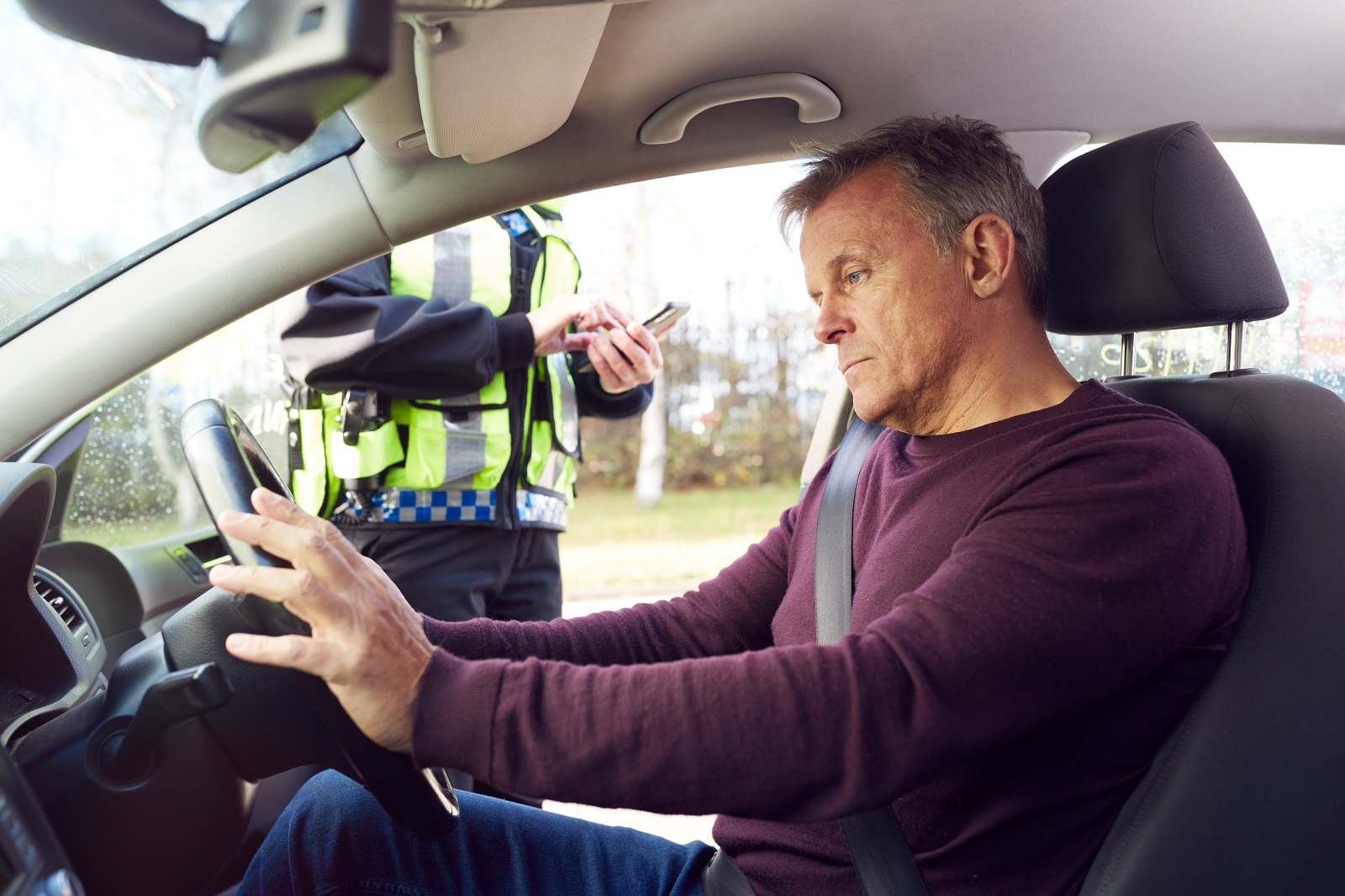
Image Credit: Shutterstock / Monkey Business Images/
Always keep your hands visible on the steering wheel. This simple action helps reassure the officer that you are not reaching for something suspicious. A study by the Police Foundation found that visible hands reduce perceived threats during traffic stops, lowering the risk of aggressive encounters.
3. Follow Instructions
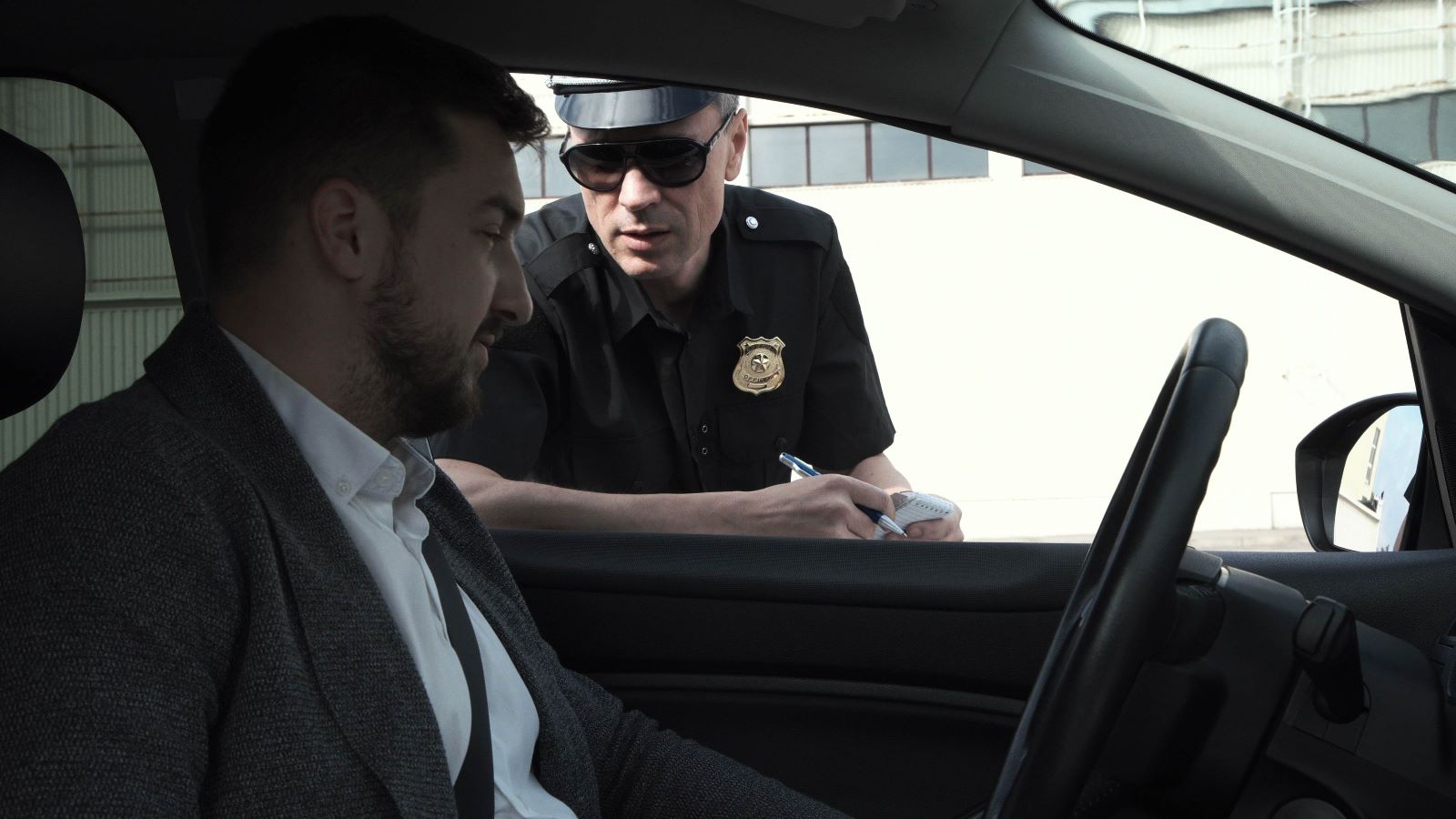
Image Credit: Shutterstock / Frame Stock Footage
Follow the officer’s instructions promptly and without hesitation. Failure to comply can be seen as suspicious behavior. The National Institute of Justice highlights that non-compliance with an officer’s orders can escalate the situation, leading to potential use of force.
4. Avoid Sudden Movements

Image Credit: Shutterstock / antoniodiaz
Refrain from making sudden movements, especially towards the glove compartment or back seat. Sudden movements can be interpreted as threatening. The Bureau of Justice Statistics reports that sudden movements during traffic stops contribute to a higher risk of police escalation.
5. Stay Inside Your Vehicle
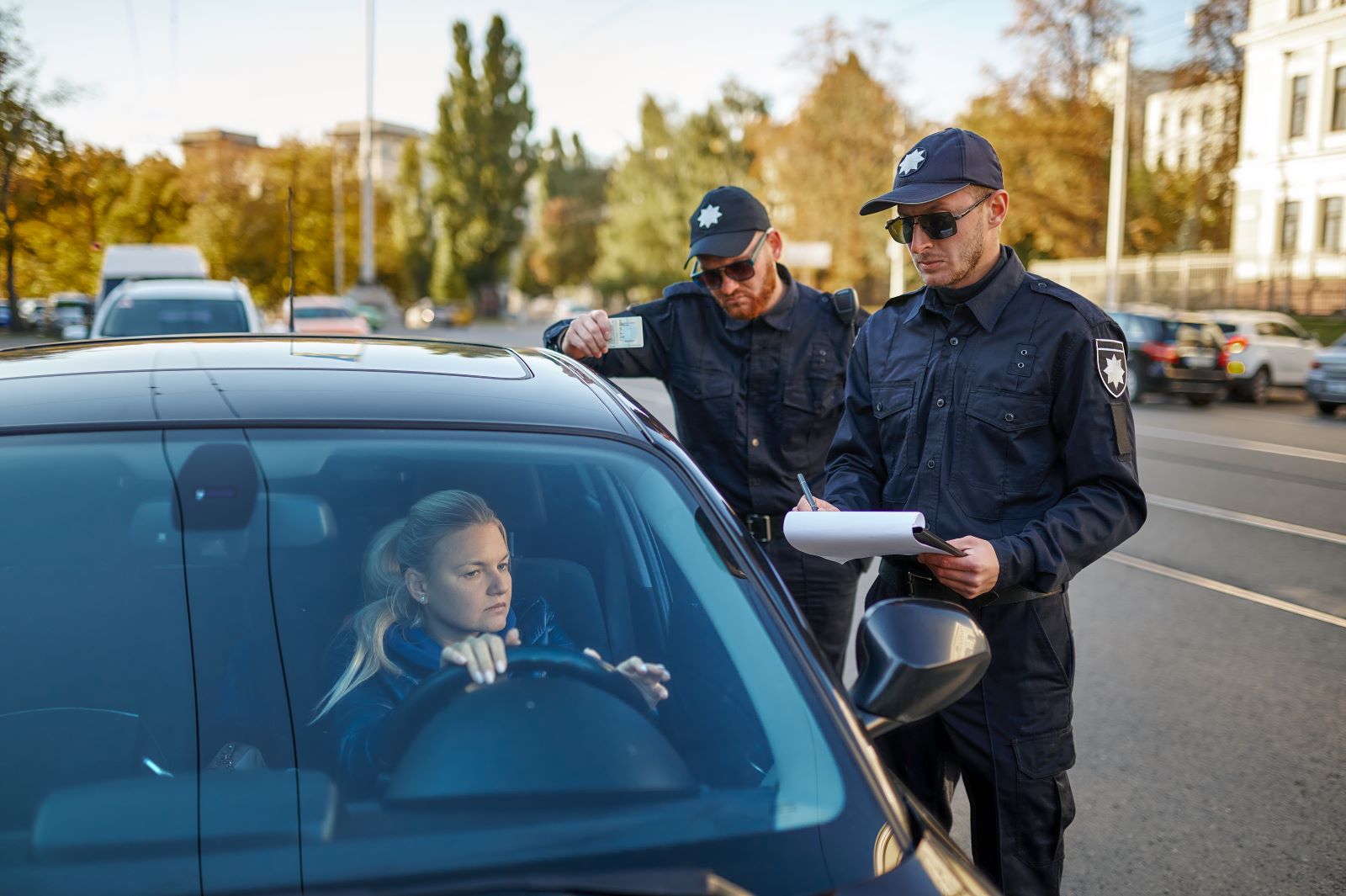
Image Credit: Shutterstock / Nomad_Soul
Unless instructed otherwise, remain inside your vehicle. Exiting the vehicle without permission can be perceived as a threat. Data from the U.S. Department of Justice shows that unauthorized exits during traffic stops increase the likelihood of aggressive encounters.
6. Use Your Turn Signal
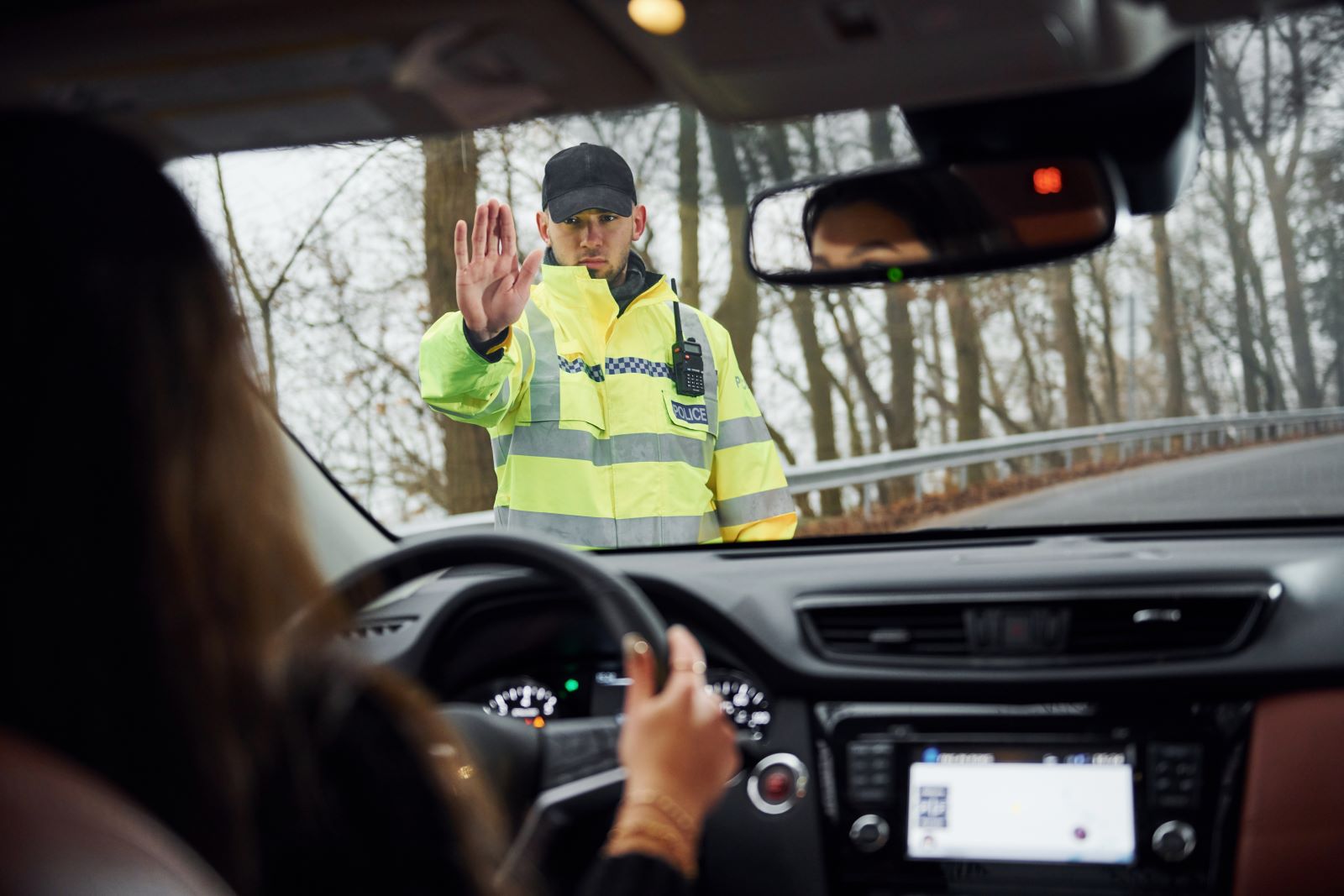
Image Credit: Shutterstock / Standret
Signal your intent before pulling over. This shows that you are complying with the officer’s request and can help reduce initial tension. According to a 2024 study, using turn signals during a stop reduces the risk of aggressive interactions by about 15%.
7. Record the Interaction
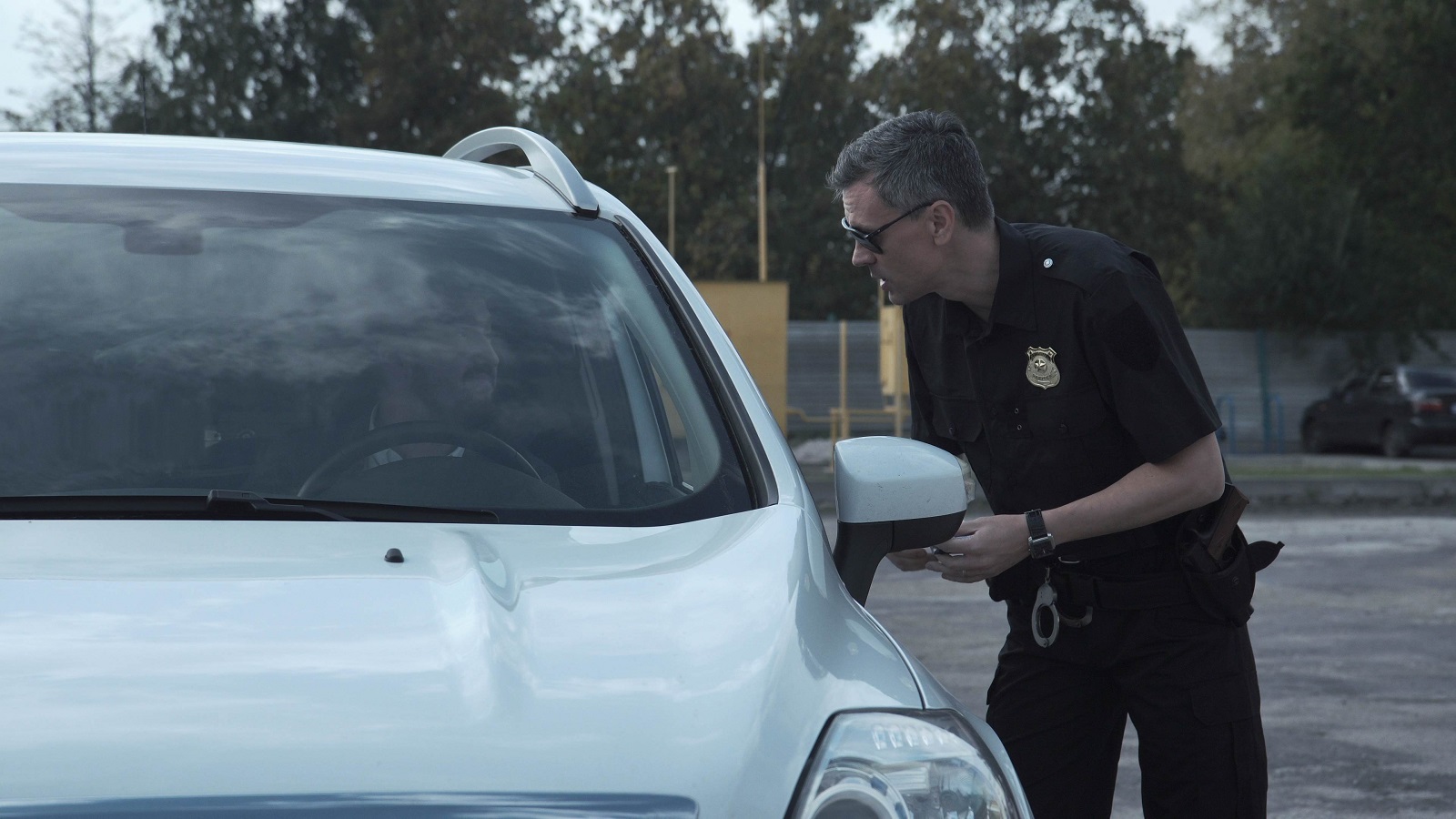
Image Credit: Shutterstock / Frame Stock Footage
If you feel uncomfortable, recording the interaction can provide a record of events. Ensure you inform the officer that you are recording, as this transparency can often defuse potential aggression. A recent survey found that recording traffic stops reduces aggressive behavior in 10% of cases.
8. Know Your Rights
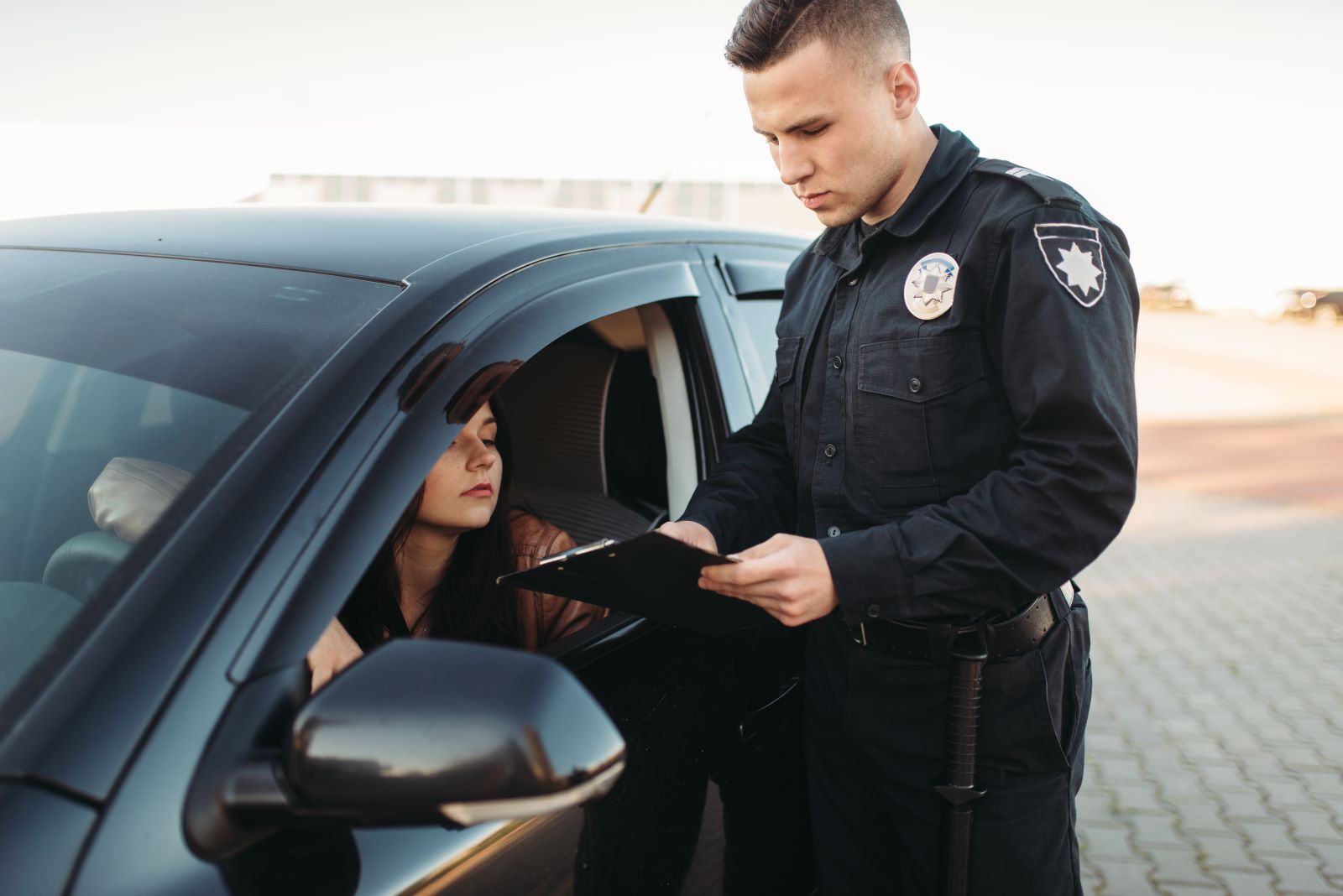
Image Credit: Shutterstock / Nomad
Understand your rights during a traffic stop. You have the right to remain silent and to refuse searches without consent. ACLU data indicates that knowing and asserting your rights calmly can help manage aggressive situations.
9. Avoid Escalating Language
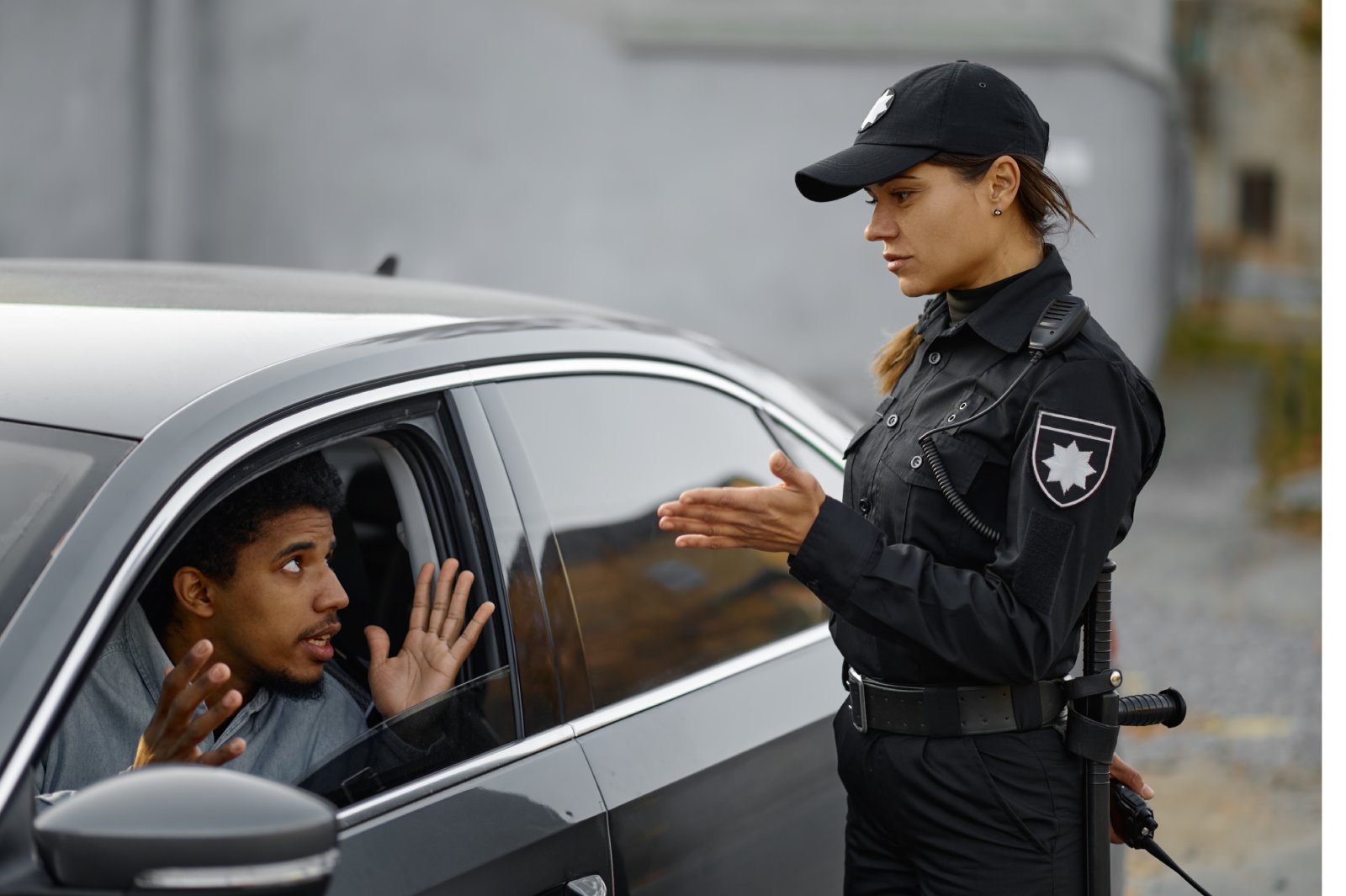
Image Credit: Shutterstock / Nomad_Soul
Use neutral and respectful language when speaking with the officer. Avoid using aggressive or confrontational language, which can heighten tensions. Research by the Police Executive Research Forum suggests that respectful communication can prevent escalation in 12% of aggressive traffic stops.
10. Address Racial Profiling Concerns
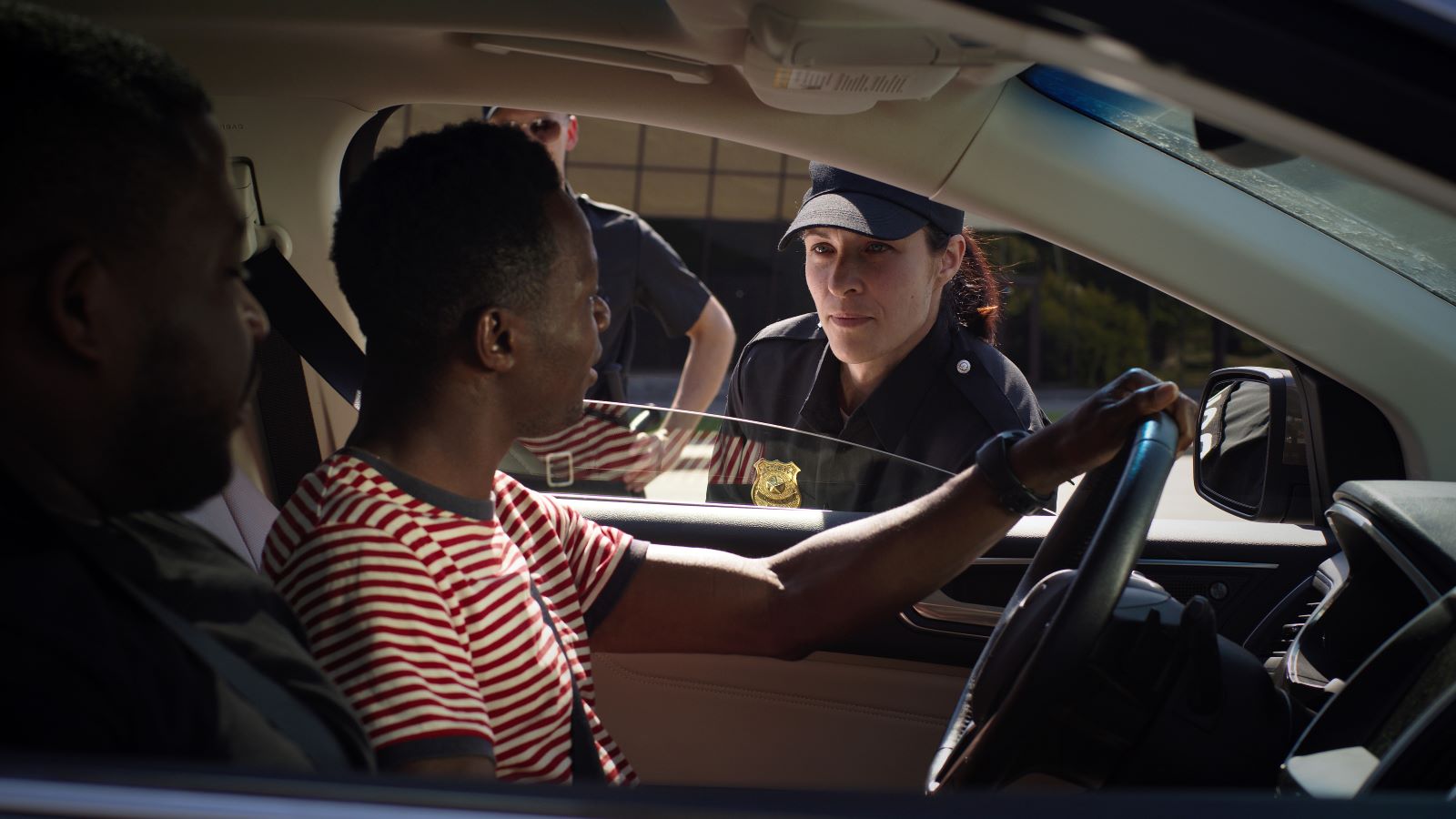
Image Credit: Shutterstock / Frame Stock Footage
If you suspect racial profiling, document the interaction and file a complaint with the appropriate authorities. Recent studies show that Black and Hispanic drivers are disproportionately affected by aggressive traffic stops, with racial profiling playing a significant role. The NAACP highlights that addressing racial profiling through proper channels can lead to improved accountability.
11. Be Aware of Local Laws
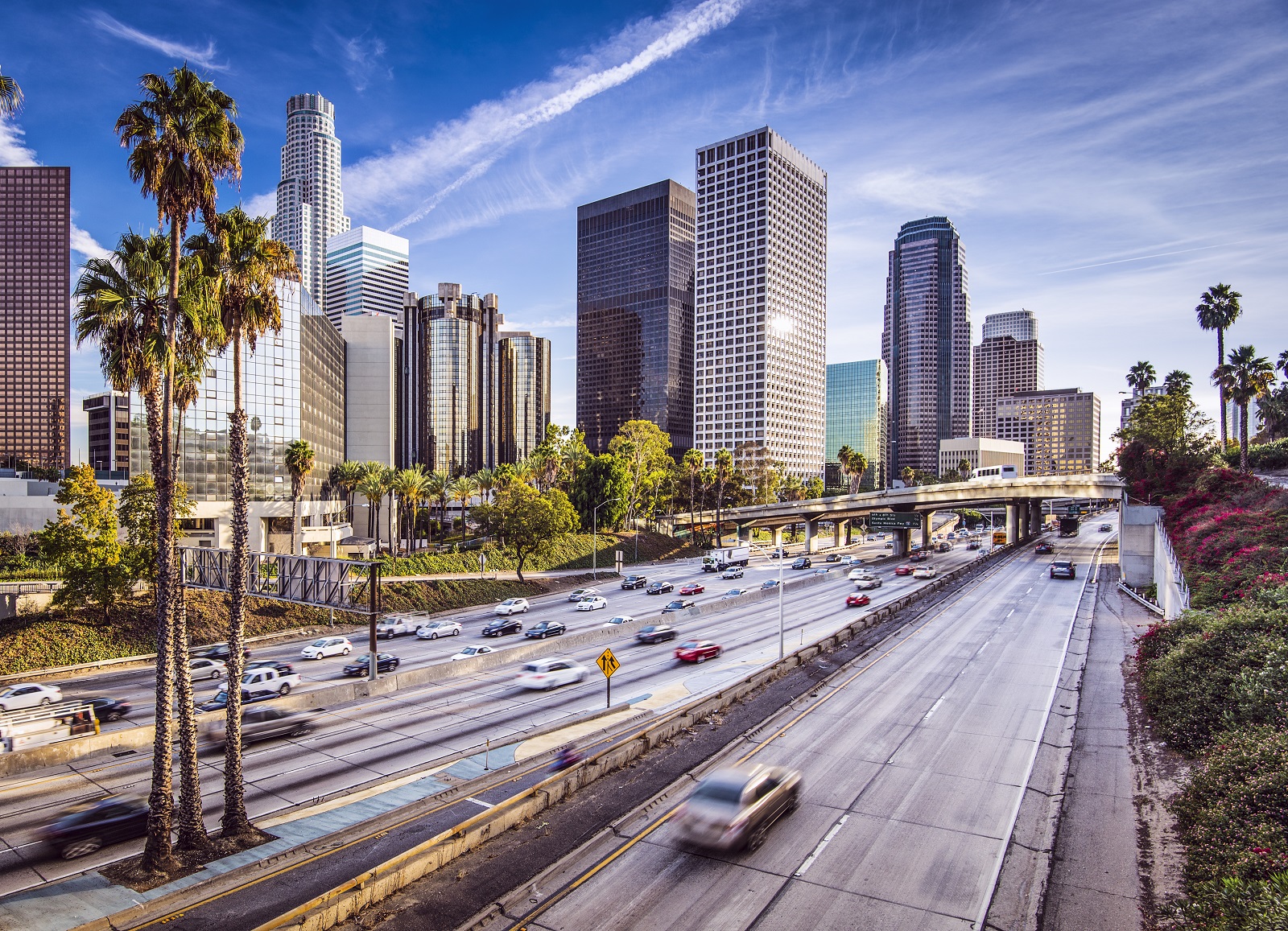
Image Credit: Shutterstock / Sean Pavone
Understand specific local laws and procedures for traffic stops in your area. Different states have different regulations regarding interactions with law enforcement. For instance, in California, officers are required to inform you of the reason for the stop immediately, which helps ensure transparency.
12. Avoid Physical Confrontation

Image Credit: Shutterstock / Ground Picture
Never physically confront the officer. Physical aggression can escalate the situation and lead to serious consequences. According to the FBI, physical confrontations during traffic stops are linked to a higher incidence of force being used.
13. Cooperate with Identification Requests
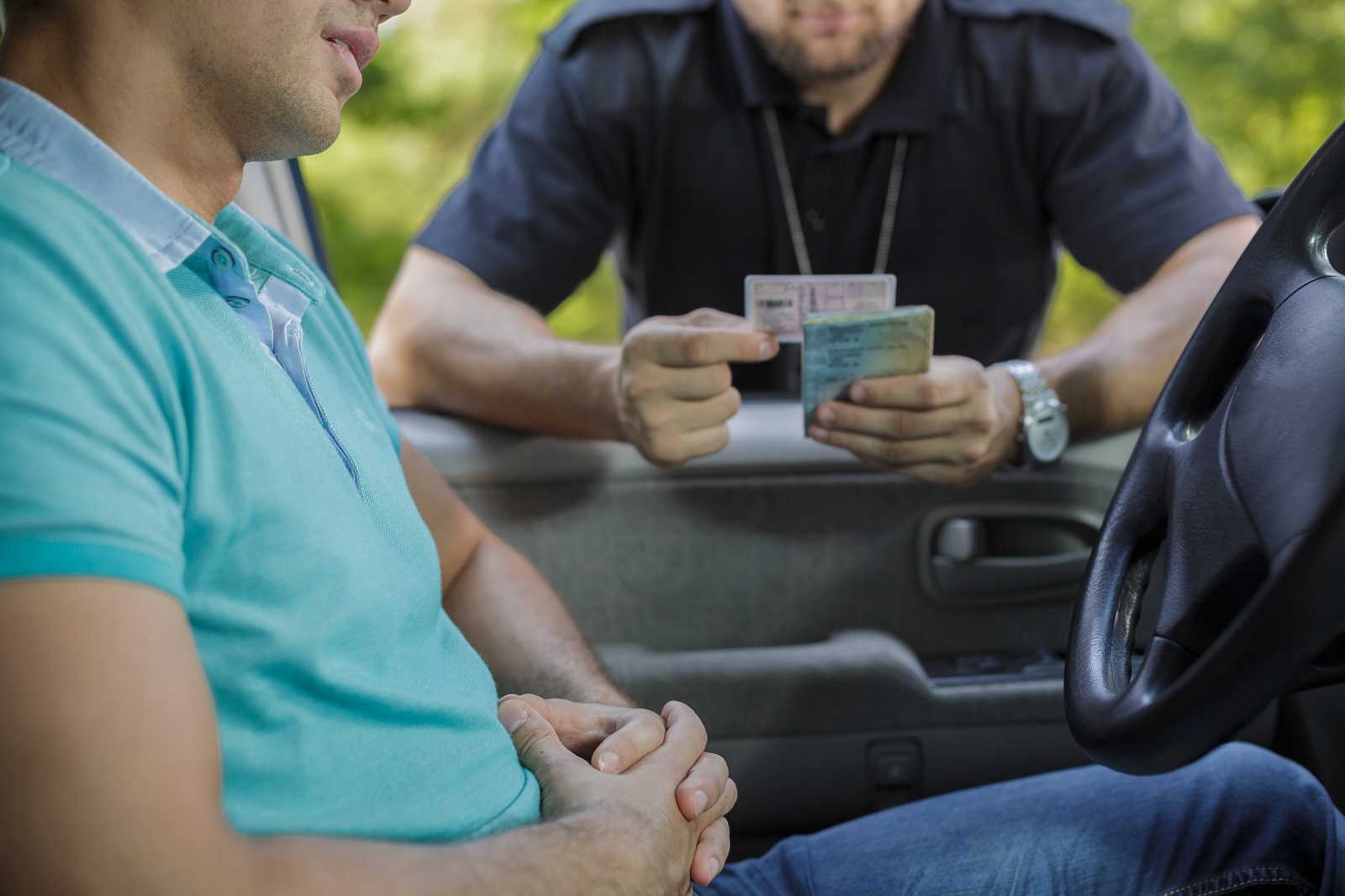
Image Credit: Shutterstock / Ground Picture
Provide your driver’s license, registration, and proof of insurance when requested. Non-compliance can be viewed as obstructive. Data from the Department of Justice shows that delays in providing identification can lead to increased scrutiny and potential aggression.
14. Document Any Misconduct

Image Credit: Shutterstock / PeopleImages.com – Yuri A
If you believe the officer has acted improperly, document the details of the stop, including badge number and patrol car details. File a complaint with the police department afterward. A 2023 review by the Police Accountability Project found that documenting misconduct can improve investigative outcomes.
15. Seek Legal Counsel

Image Credit: Shutterstock / Studio Romantic
If the stop results in charges or complaints, consult with an attorney to understand your options. Legal advice is crucial for navigating the complexities of traffic violations and aggressive encounters. The National Lawyers Guild emphasizes that legal representation helps ensure that your rights are protected throughout the process.
16. Stay Informed About Recent Incidents
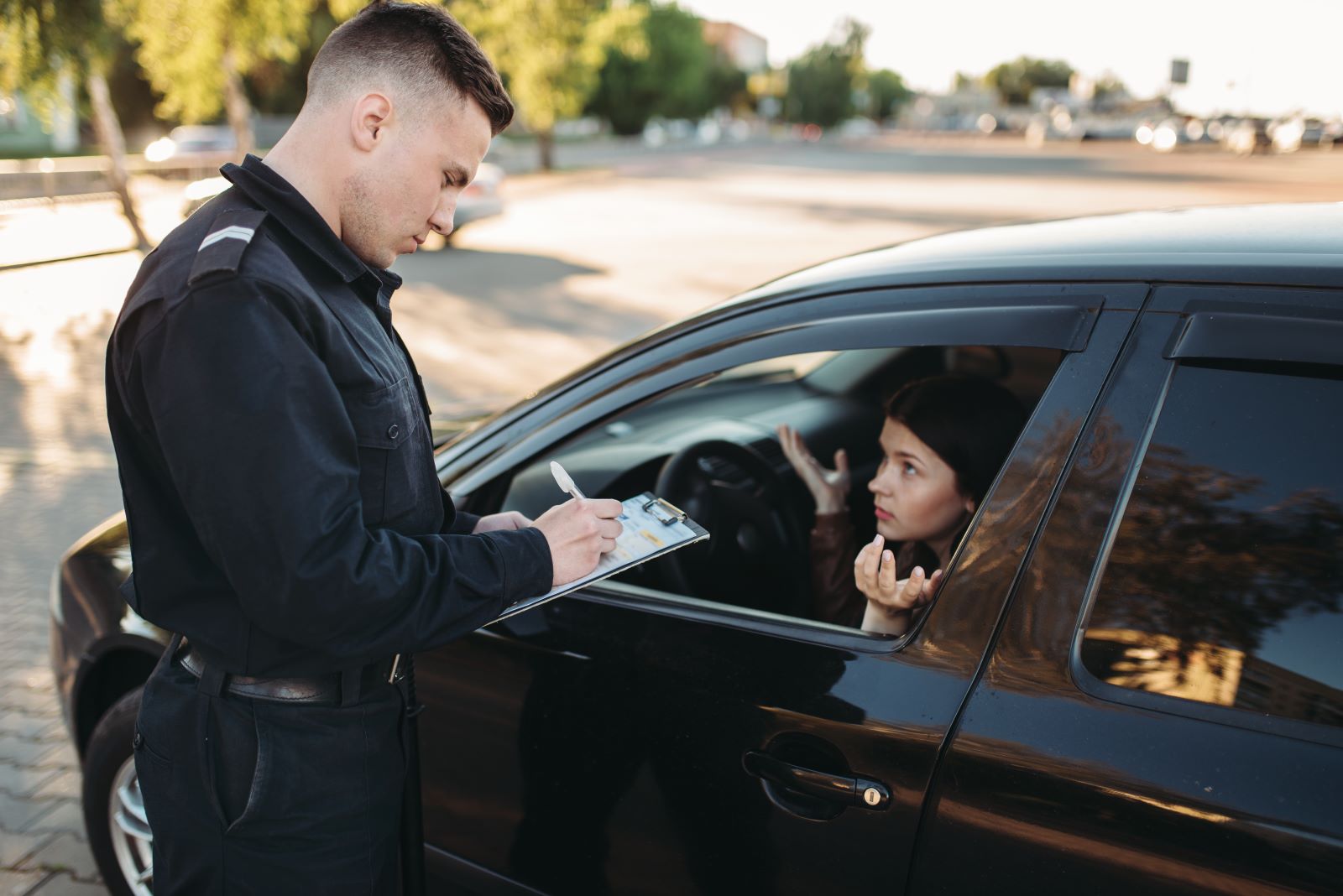
Image Credit: Shutterstock / Nomad_Soul
Stay updated on recent incidents involving aggressive traffic stops in your area. Awareness of local issues can help you better prepare and respond. Recent news reports, like the one covering the 2024 Atlanta traffic stop incident, highlight the importance of understanding local dynamics.
17. Learn from Community Experiences
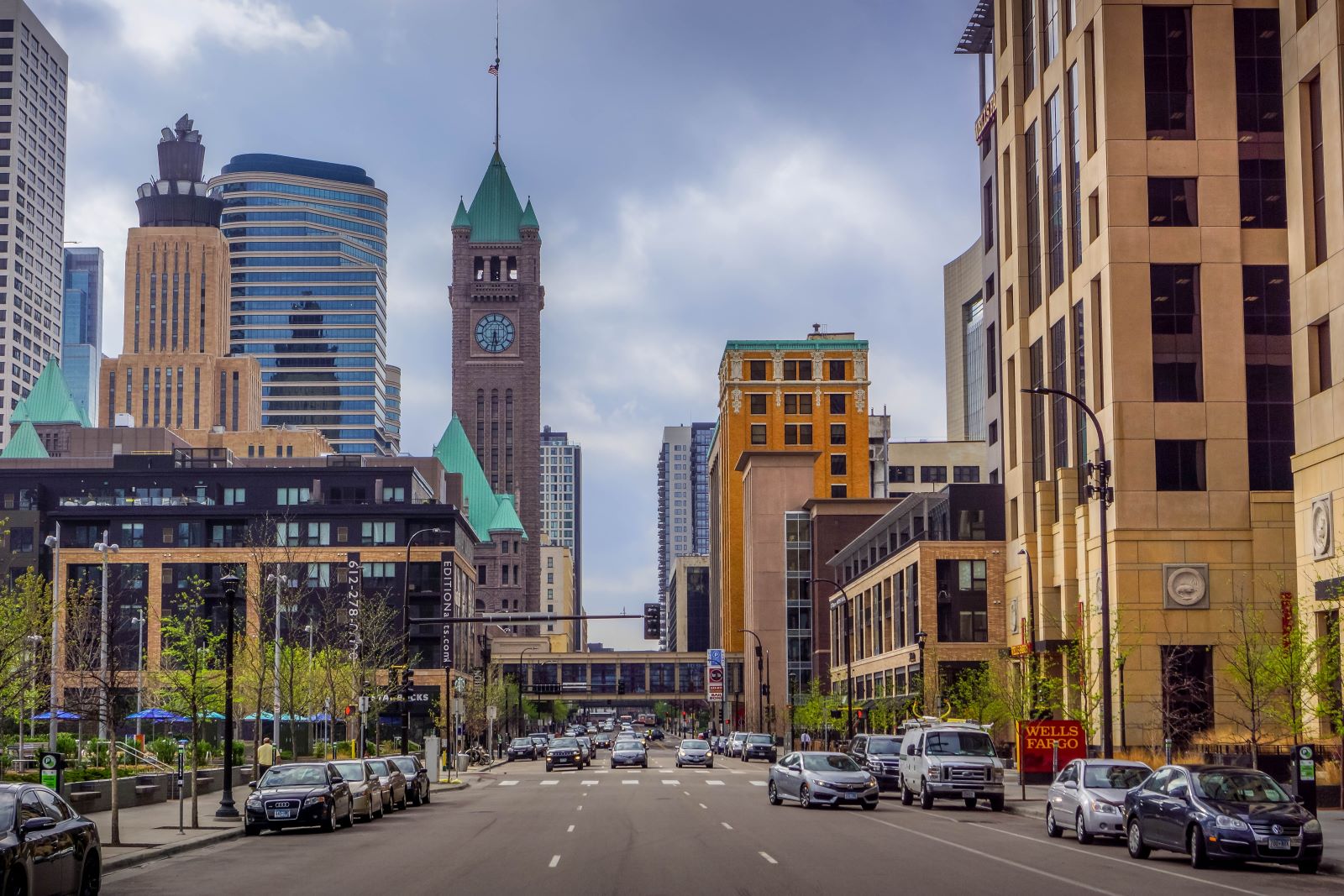
Image Credit: Shutterstock / artaxerxes_longhand
Engage with local community groups or forums to learn about others’ experiences with aggressive traffic stops. Community insights can provide valuable tips and support. For example, community feedback in cities like Minneapolis has led to increased training on handling traffic stops sensitively.
Prioritising Safety and Respect

Image Credit: Shutterstock / Nomad_Soul
Handling an aggressive traffic stop requires calmness, respect, and awareness. By following these guidelines, you can better manage the situation and protect your rights. Ready to stay safe and informed during your next traffic stop?
Police Magnet: 7 Cars That Guarantee You’ll Get Pulled Over
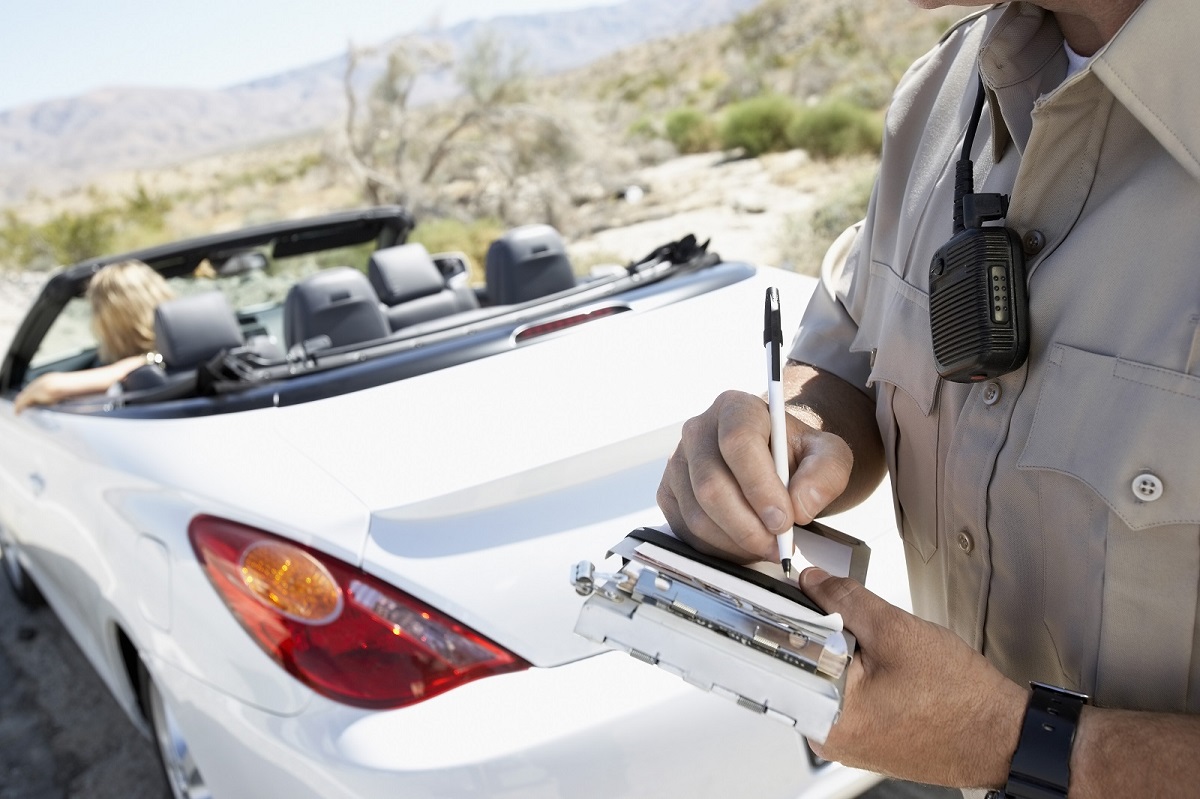
Image Credit: Shutterstock / sirtravelalot
Driving certain cars can make you more noticeable to law enforcement, even if you’re abiding by all the rules. Are you driving one of these “police magnets”? Here are seven cars that seem to attract more police attention than others. Police Magnet: 7 Cars That Guarantee You’ll Get Pulled Over
The Classic Cars That Were Total Clunkers

Image Credit: Pexels / Pixabay
Nostalgia has a funny way of making the past seem better than it was, especially when it comes to cars. But here’s the hard truth: some of those “classic” cars your dad raves about were real clunkers. Here’s a closer look at why some of those so-called “classics” weren’t all they were cracked up to be. The Classic Cars That Were Total Clunkers
The Worst U.S. Cars Ever Made: A Retro List
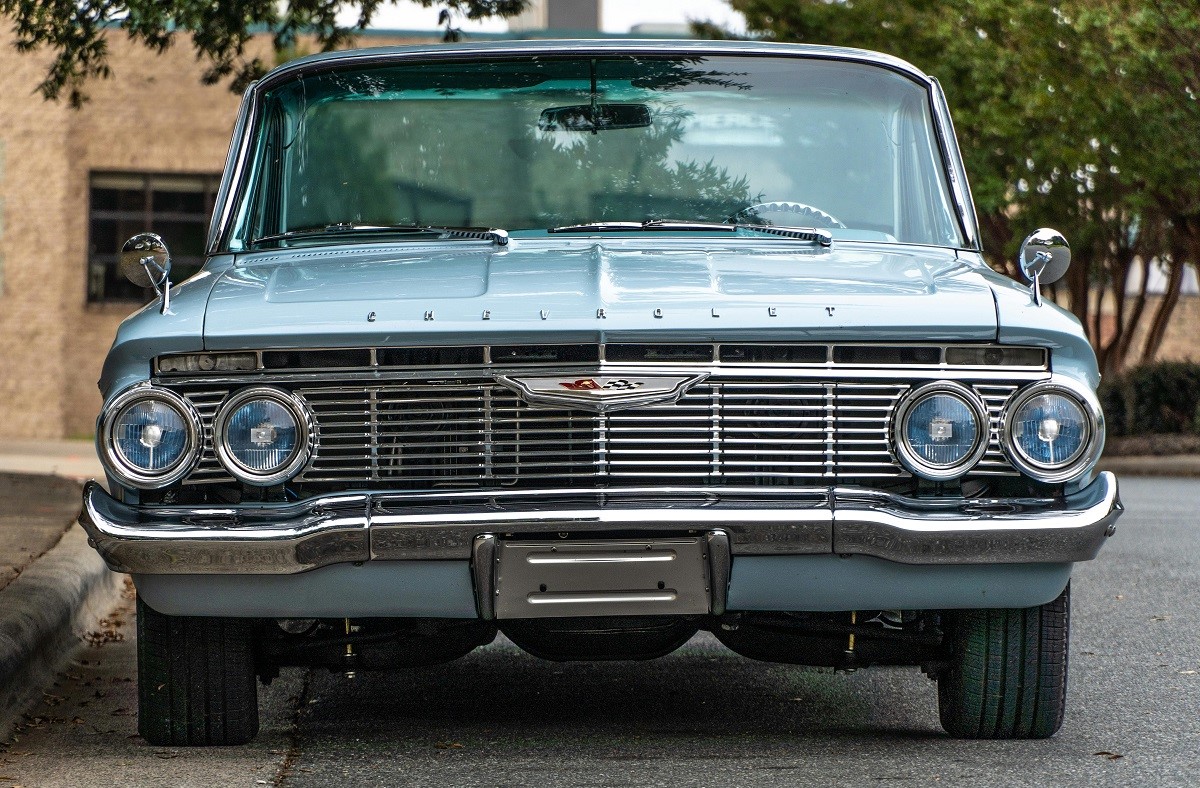
Image Credit: Pexels / Be The Observer
The U.S. auto industry has produced some incredible vehicles, but not every model was a hit. Here’s a look back at 16 of the worst cars ever made in the U.S., each infamous for its own unique flaws. The Worst U.S. Cars Ever Made: A Retro List
Featured Image Credit: Shutterstock / Ground Picture.
For transparency, this content was partly developed with AI assistance and carefully curated by an experienced editor to be informative and ensure accuracy.



